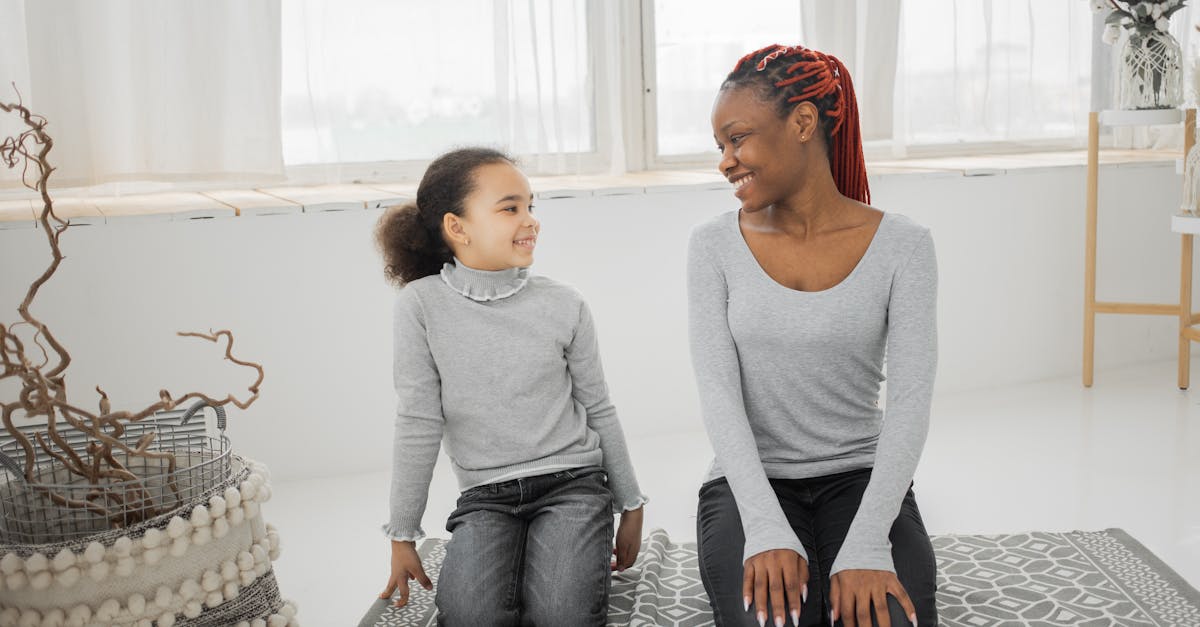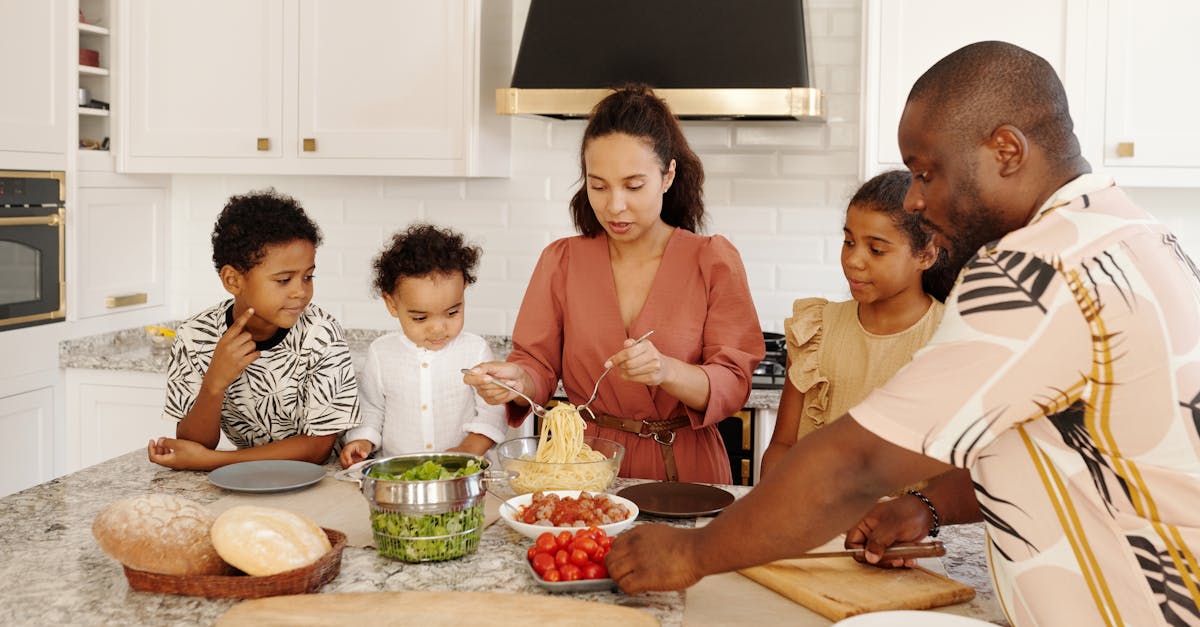Why Forgiveness Matters in Early Parenting
Parenting a preschooler can be a rollercoaster of emotions. Little ones are just beginning to navigate the complexities of social interactions, making forgiveness a crucial virtue to instill early on.
By teaching forgiveness, we lay the foundation for healthier emotional development and stronger relationships. Kids learn to handle conflicts better, reducing tantrums that leave everyone frazzled. Plus, it’s a step towards raising empathetic and considerate adults.
You might laugh, remembering the time your child held a grudge over a broken crayon — a perfect teaching moment on letting go.

Source: Pexels
Jesus’ Teachings on Forgiveness
Most of us know that Jesus preached about forgiveness. But how do we apply his teachings to parenting? Jesus emphasized compassion and understanding, urging us to forgive ‘seventy times seven.’ This isn’t just a holy decree; it’s practical advice.
Preschoolers are bound to make mistakes — spilling milk, scribbling on walls, and quarreling over toys. Just as Jesus showed patience, practice showing your child how to forgive by example. It’s more about showing than telling, making forgiveness a daily habit.

Key Takeaway: Teaching forgiveness to children involves demonstrating it in your actions, making it a part of your daily interactions.
Practical Steps for Parents
Start small and be consistent. When your child experiences a minor conflict, encourage them to talk about their feelings. Next, model using phrases like “I forgive you” when appropriate. Establish family rituals like a nighttime reflection to discuss any day-long grudges.
Humor can help too! Share funny forgiveness stories from your own childhood to make it relatable. Remember, a forgiving parent nurtures a forgiving child. It’s about creating teachable moments each day.

Source: www.example.com
Emotional Challenges and Insights
Forgiving isn’t always easy. Emotional baggage, such as feeling rejected or invalidated, can complicate the process. Many parents struggle with forgiving their own mistakes, adding extra layers of stress. Here’s where community support and self-reflection come in handy. Join parenting groups to share experiences or seek advice. Remember, it’s okay to be vulnerable and honest with your children. Emphasize that everyone, including parents, make mistakes and needs forgiveness.

Building a Forgiving Home Environment
Make your home a sanctuary of second chances. Create a ‘forgiveness corner’ where kids can retreat and reflect on their emotions. Regularly read stories about forgiveness or engage in role-playing scenarios to practice forgiving others. Personalize these activities to fit your family’s unique vibe. Positive reinforcement also goes a long way. Celebrate when your child forgives a friend or sibling. Over time, this environment will foster healthy emotional growth.

Encouraging Reader Interaction and Stories
Your experiences are valuable! Share your stories and tips on forgiving with other readers. Have a funny or touching forgiveness anecdote? Throw it into the comments. Interaction helps build a compassionate community that can offer invaluable support.
Questions, dilemmas, or just seeking advice? This is the space for you. Parenting is a collective journey — let’s learn and grow together.
Join the conversation by sharing your thoughts and experiences!

